From Programming to Engineering
If all else fails, read the instructions!
@salman_arfat

process of designing and building an executable computer program to accomplish a specific computing result or to perform a specific task.
Programming
[...] encompasses not just the act of writing code, but all of the tools and processes an organization uses to build and maintain that code over time. [...] can be thought of as 'programming integrated over time.'
Engineering
—Software Engineering at Google
Programmer
Engineer
🔄
Tools

if all you have is a hammer, everything looks like a nail
Identify Yourself
If you know C++, you can learn Java in a day / week / month
If you know X, you can learn Y very quickly.

Language X / Framework Y is the best
I know Java, I'll learn C# now.

Expressing Programs


The Language Equivalence Fallacy
Example: Doubling a list
def createDoubleList(ls):
i = 0
doubledList = []
while i < len(ls):
doubledList.append(2 * ls[i])
i += 1
return doubledListdef createDoubleList(ls):
doubledList = []
for el in ls:
doubledList.append(2 * el)
return doubledListdef createDoubleList(ls):
return [ 2 * el for el in ls ]Example: range
returns a sequence of numbers, starting from 0 by default, and increments by 1
function range(lower, upper) {
let result = [];
for (let i = lower; i < upper; i++) {
result.push(i);
}
return result;
}
for (let el of range(1, 1_000_000_000)) {
console.log(el);
}
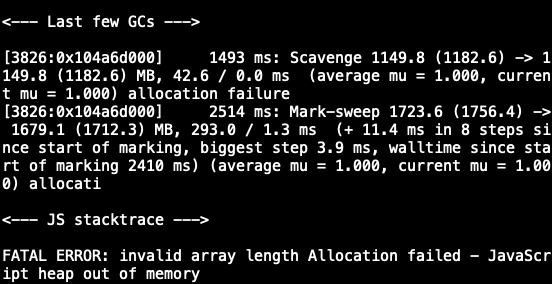
function* range(lower, upper) {
for (let i = lower; i < upper; i++) {
yield i;
}
}
for (const el of range(1, 1_000_000_000)) {
console.log(el);
}
factorial 0 = 1
factorial n =
n * factorial (n-1)function factorial(num) {
function loop(acc, _num) {
if (_num === 1) {
return acc;
}
return loop(acc * _num, _num - 1);
}
return loop(1, num)
}Example: factorial
Why is everyone in such a rush? (by Peter Norvig)
Felleisen et al. give a nod to this trend in thier book How to Design Programs, when they says
"Bad programming is easy. Idiots can learn it in 21 days, even if they are dummies."
Alan Perlis once said: "A language that doesn't affect the way you think about programming, is not worth knowing".
Syntax
Semantics
Language Philosophy
Design Principles
May look similar to other langauges
Behavior of this language
How is the language modelling the problem domain? AKA Idiomatic.
Language-agnostic and language-specific techniques such as Modularization, code reuse etc
Languages
- A powerful programming language is more than just a means for instructing a computer to perform tasks.
-
The language also serves as a framework within which we organize our ideas about processes.
- Thus, when we describe a language, we should pay particular attention to the means that the language provides for combining simple ideas to form more complex ideas.
Example: Summation
class Main {
static int getSum(int lb, int ub) {
if (lb > ub) {
return 0;
}
return lb + getSum(lb + 1, ub);
}
}class Main {
static int square(int el) {
return el * el;
}
static int getSum(int lb, int ub) {
if (lb > ub) {
return 0;
}
return square(lb) + getSum(lb + 1, ub);
}
}Testing

All code is guilty until proven innocent
Identifying Yourselves
I am paid to write code, not tests!
I am a developer, not tester - so I’m not responsible for writing tests!
We already have tests - why do we need unit tests?
We are working on a tight deadline - where do I have time for writing unit tests?
I don’t know how to write unit tests
Ours is legacy code - can’t write unit tests for them
If I touch the code, it breaks!




What is Science?
Theory + Experiments = Science 🎉
*Not an exact formulation
Model of the world
Testability of the model
Science (mainly) work by proving statements false, rather than by proving statements true.
What is Software?
Code + Tests
*Not an exact formulation
Model of the world
Testability of the model
= Software 🎉
Linting

Linting is the process of running a program that will analyze code for potential errors.
Prevents these kinds of errors
- unused and undefined variables
- Anti-patterns in feature usage
- Maintaining Standards such as nomenclature, spacing etc
- Lots more ...
Static type checking
Using statically-typed languages like Typescript

Does this function throw an exception or return 0 / -1 / null?
NullPointerException / cannot find X of undefined
Wait ... this function was supposed to return an object.
Wait ... this function was NOT supposed to return an object.
Unit Testing
Unit testing is the process of testing the smallest individual components of an application.
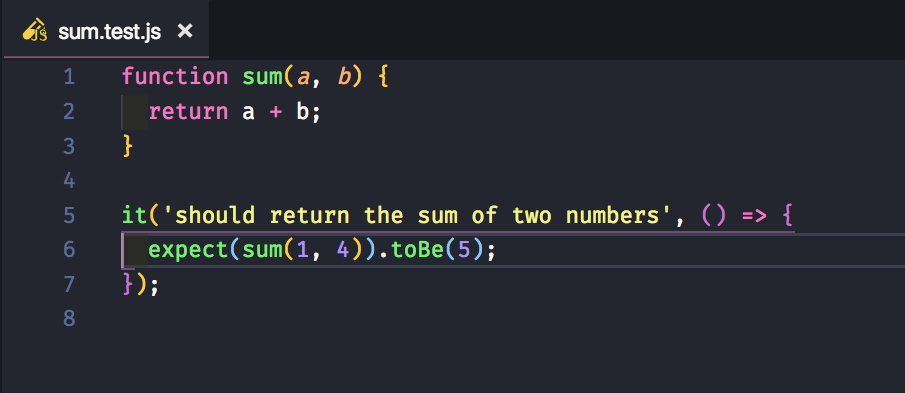
Why am I getting the wrong value?
This function is too hard to test.
Integration Testing

Unit testing is good.
BUT

Integration Testing
It is the process in which individual components of an application are combined and tested as a group.

I changed file X and now Y doesn't work. I didn't even touch Y.
End To End Testing
End-to-end testing is a technique used to test whether the flow of an application right from start to finish is behaving as expected.
describe('Amazon home page', () => {
beforeEach(() => {
cy.visit('https://amazon.com/');
});
it('contains "Amazon" in the title', () => {
cy.title().should('contain', 'Amazon');
});
});When I hit my API from Postman / curl, it works. But it doesn't work when the user submits the form.



Product Engineering

you start coding, I'll ask what the customer wants...
Identifying Yourself
I'll think of the solution design later
I'll get more clarity as I start coding
My goal is to just make it work
Being a Tech Zealot
I'll document it later
I'll plan how to proceed later

but then how will the software be modified/updated later on?
High Standards
Why do we care about high standards?
-
If something is worth doing, it is worth doing well
-
Doing things well is really enjoyable (and doing things poorly is not)
-
Building something that goes unused is really discouraging (and building useful things is rewarding)
How to Develop High Standards
-
High standards are domain specific
-
Learn from exposure
-
Be realistic about how hard it is
-
You don't need the skills yourself to be able to recognize high standards
Set your standards at a global level

Learn From The Best

Attention To Details

Fewer Features
(but do them right)
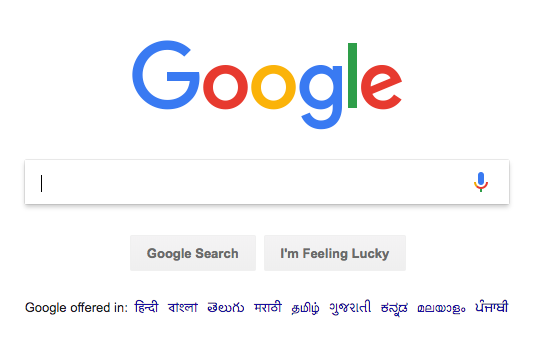
Make It A Habit




Make The Extra Effort
The Cost of Change
| Phase that Change Occurs | Resulting Cost |
|---|---|
| Product Design | $1,000 |
| Product Testing | $10,000 |
| Process Design | $100,000 |
| Low-Rate Initial Production | $1,000,000 |
| Final Production/Distribution | $10,000,000 |

Error Cost Escalation
Through the Project Life Cycle
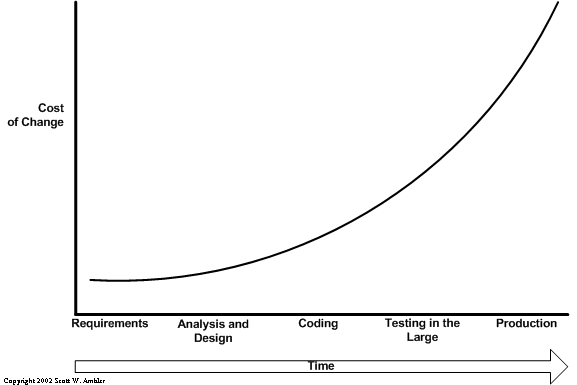
Type of errors
- Code bugs
- Misunderstood requirements
- Building something that no one cares about
- Bad user experience
- Bad schema design


Some tips on how to catch errors early
-
Automated Tests
- Test Driven Development
-
Whiteboarding
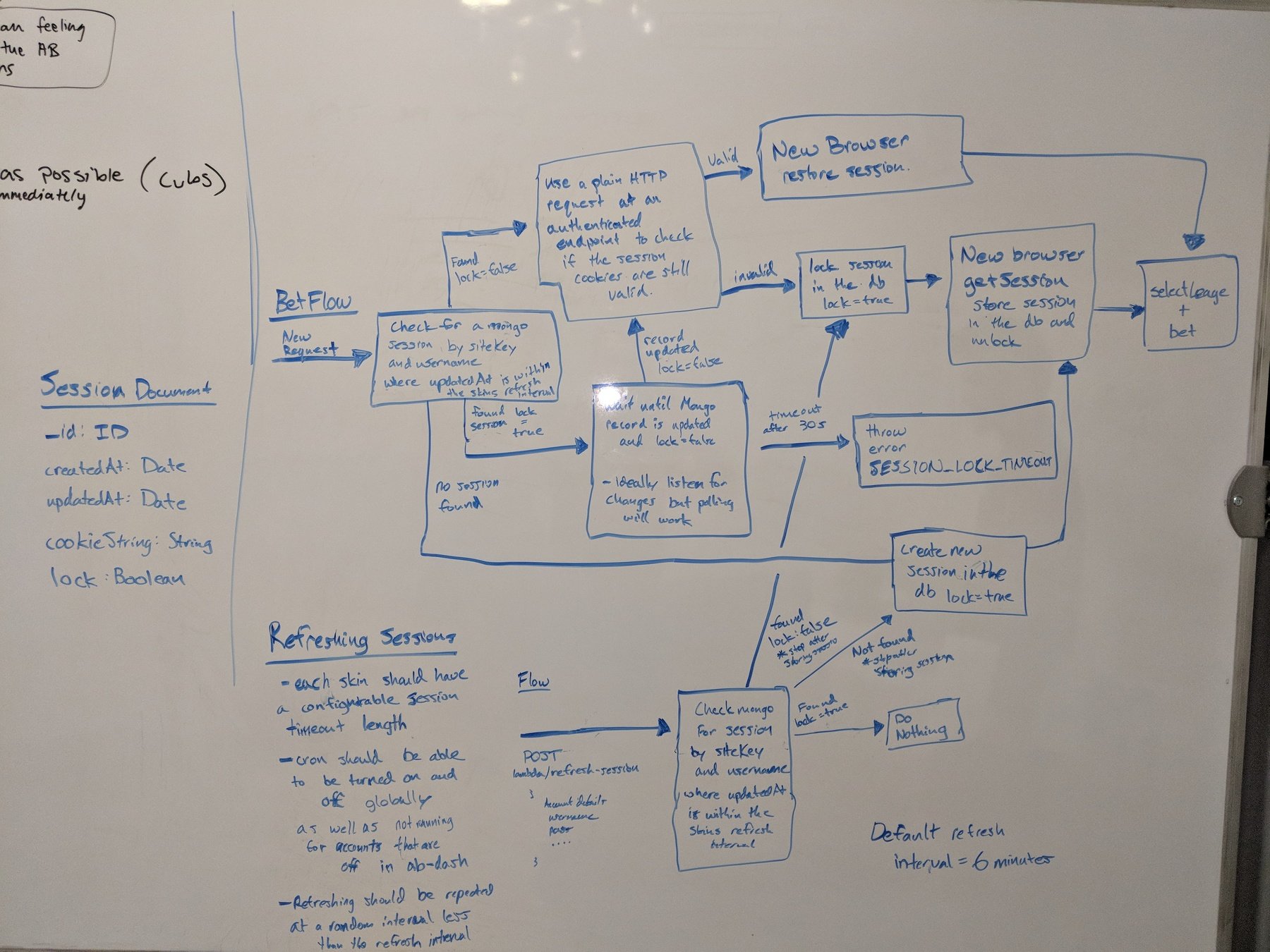

Wire Framing
Balsamiq
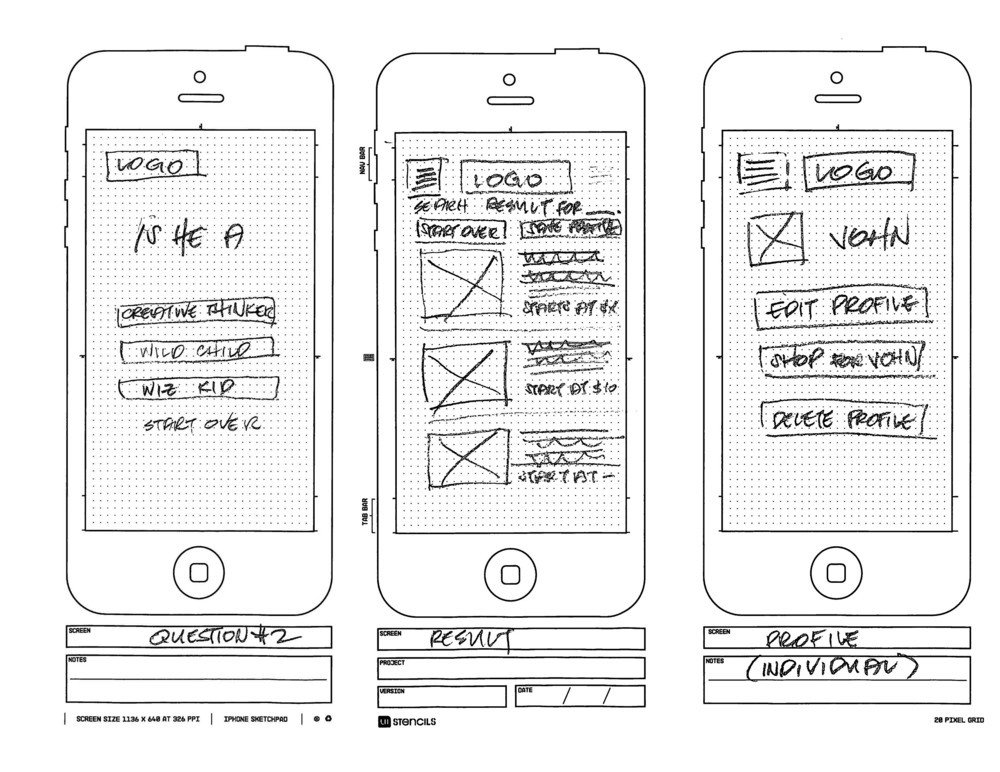
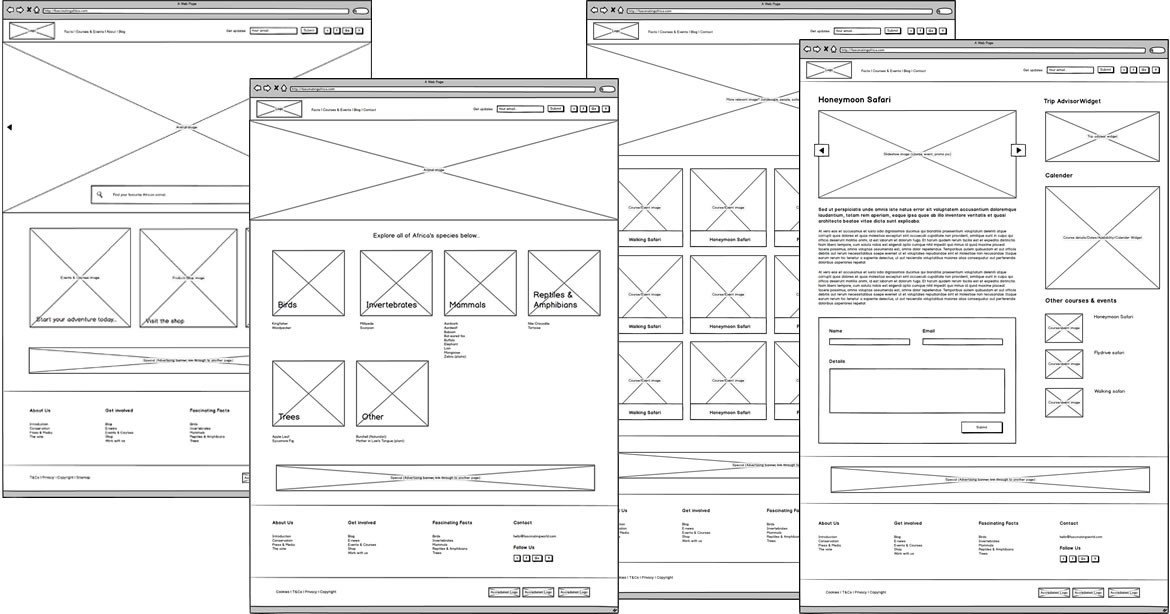
Pen and Paper
Talking to Customers
- Read App Store reviews
- Ask a friend for feedback
- Help with customer support
User Studies
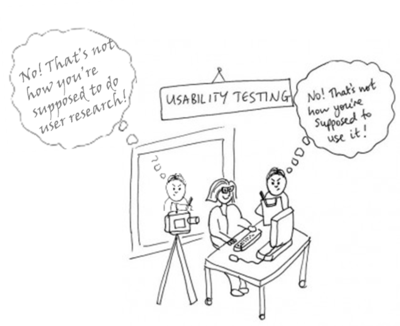
The important question is not
"Can I build it?"
It is
"Should I build it?"
Remote Communication

Traditional Office
=
Default Seen
Remote Office
=
Default Unseen
If they can't see it, you didn't do it
The Solution:
Over-Communicate
Make it easy for your team to stay up to date
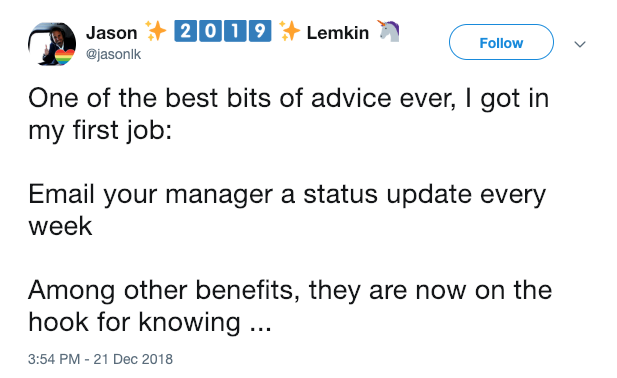
Share Early and Often
- Lots of small commits / PRs
- Work in progress PRs
- At least one PR per day
- Share cool articles
- Share a funny story?
-
Search Your Mind
-
Search Google
-
Search Github Issues
-
Post to Stack Overflow
-
Ask a Co-worker
If you always ask your co-worker first, you will only ever become an expert as asking for help.
Asking for help!
Thanks
Please feel free to contact me.
@salman_arfat
